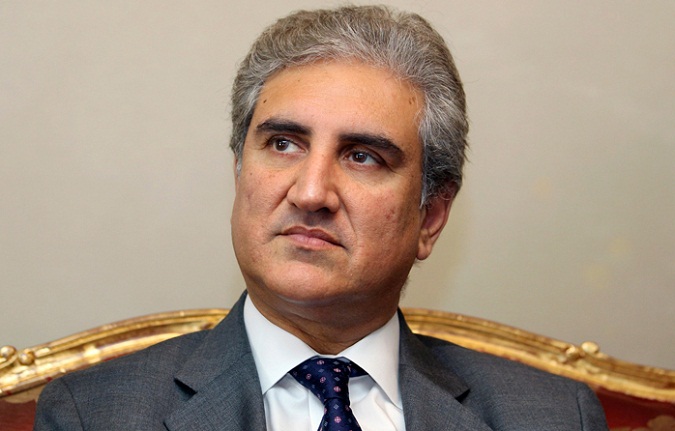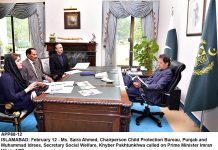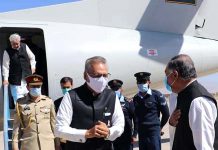KARACHI: For a better national cohesion and bridging wider la
nguage gaps in the multi-linguistic country of Pakistan, Pakistan needs to develop a ‘Pakistani’ la
nguage by localization of our national la
nguage Urdu, so to make it further easily understandable for all people of Pakistan irrespective of their regional la
nguages or mother tongues.
These remarks were made by Pasban e Pakistan President Altaf Shakoor. He said the idea of a Pakistani la
nguage is not against our national la
nguage Urdu, but rather in favour of Urdu to make it a true national la
nguage, by widening its scope and canvas. He said Urdu in fact has more natural adoptability than any
other la
nguage of the world. It evolved from a makeshift la
nguage of army camps, being a crude mix of different la
nguages to become one of the greatest la
nguages of the world. This inbuilt adoptability can easily enrich Urdu to absorb hundreds of thousands words of different regional la
nguages of Pakistan and become a true lingua franca of this country.
He said presently, regional la
nguages like Punjabi, Sindhi, Balochi and Pashtu have their own and separate alphabets and scripts. However, he suggested a common ‘Pakistani alphabet’ for all regional la
nguages of Pakistan by expanding the limited alphabet of Urdu which has presently just 39 basic le
tters. However, the Sindhi la
nguage has 52 basic letters and Pashto has 45 basic le
tters.
He said Urdu, with its limited 39-letter alphabet cannot cater the needs of the rich regional la
nguages like Sindhi or Pashto; hence, it is a must to expand the alphabet of Urdu so that it can write the basic letters and sounds of all regional la
nguages of Pakistan.
He further said that presently, Urdu and
other regional la
nguages are written in different scripts. A student who is taught Urdu cannot read Sindhi or Balochi alphabets easily, which is a great headrace academically, politically, socially and culturally. He suggested adopting a standard Arabic-based script of all these la
nguages in the shape of a Pakistani la
nguage.
He said the national a
nd regional la
nguage authorities in Pakistan and la
nguage departments of different universities should join hands to develop a common alphabet and common script for all Pakistani la
nguages. It would not only bring different linguistic and cultural units of the country closer but also greatly help in promoting education and literacy.
He said the recen
t verdict of the Supreme Court of Pakistan to make Urdu the official la
nguage of the country is laudable, but we must go a step further to actively localize our national la
nguage Urdu, by expanding its vocabulary by adding rich treasure of local la
nguage words to it, besides giving it an exhaustive alphabet and standard script to cater the needs of all regional la
nguages of Pakistan including Sindhi, Punjabi, Balochi and Pashto. He asked for introduction of a same standard alphabet and script for all la
nguages of Pakistan including the national la
nguage Urdu.
He said, “However, this is a great challenge to our writers, thinkers, academicians, linguistic experts, as well as, media, judiciary, political parties and whole civil society.”












